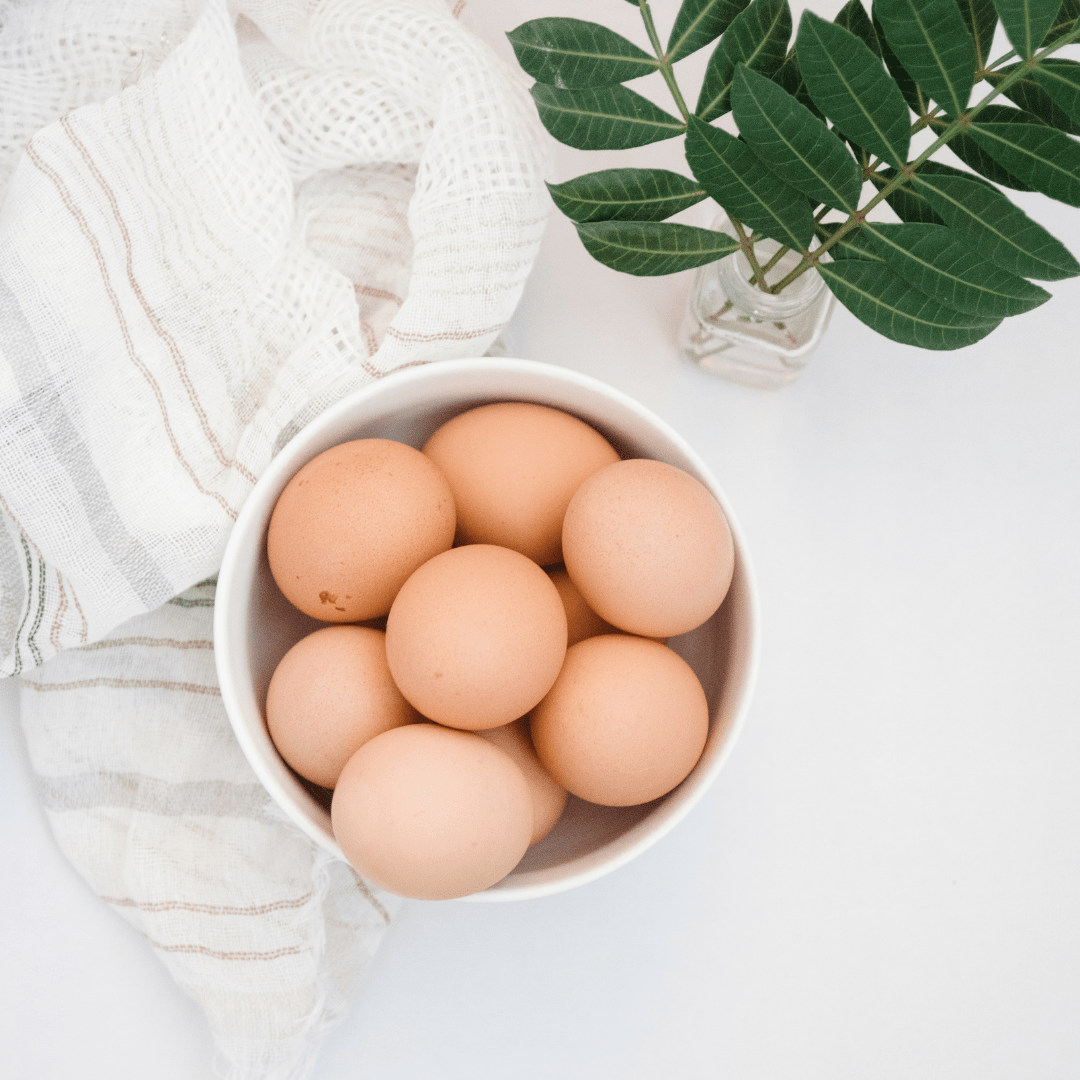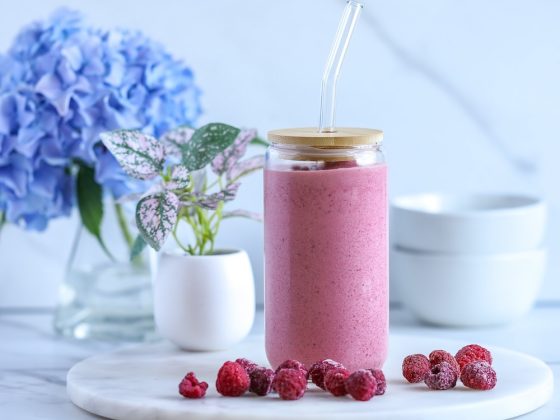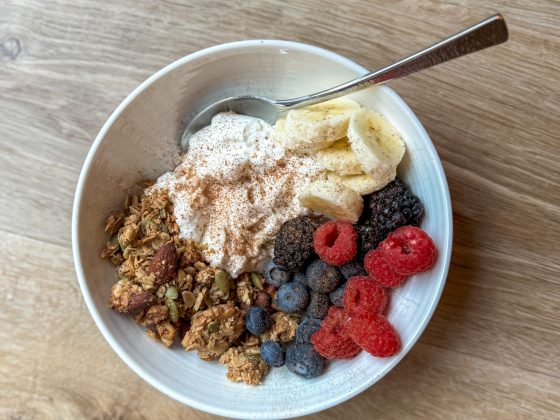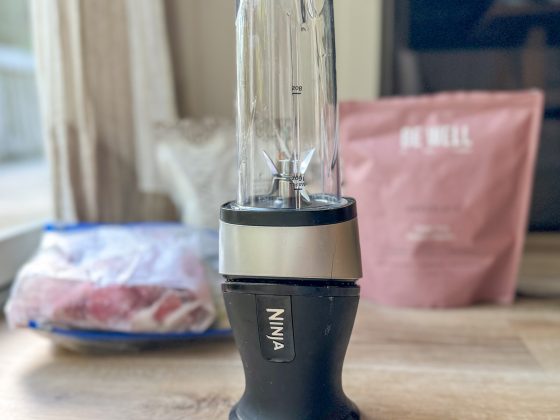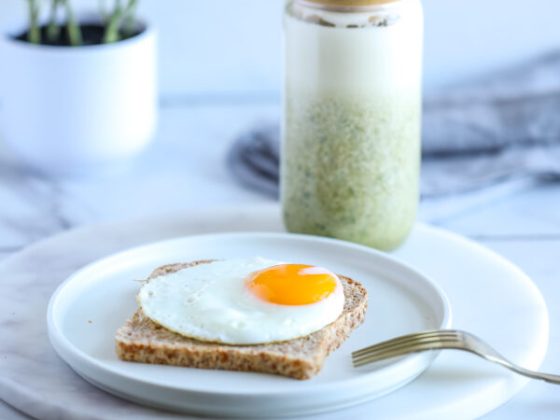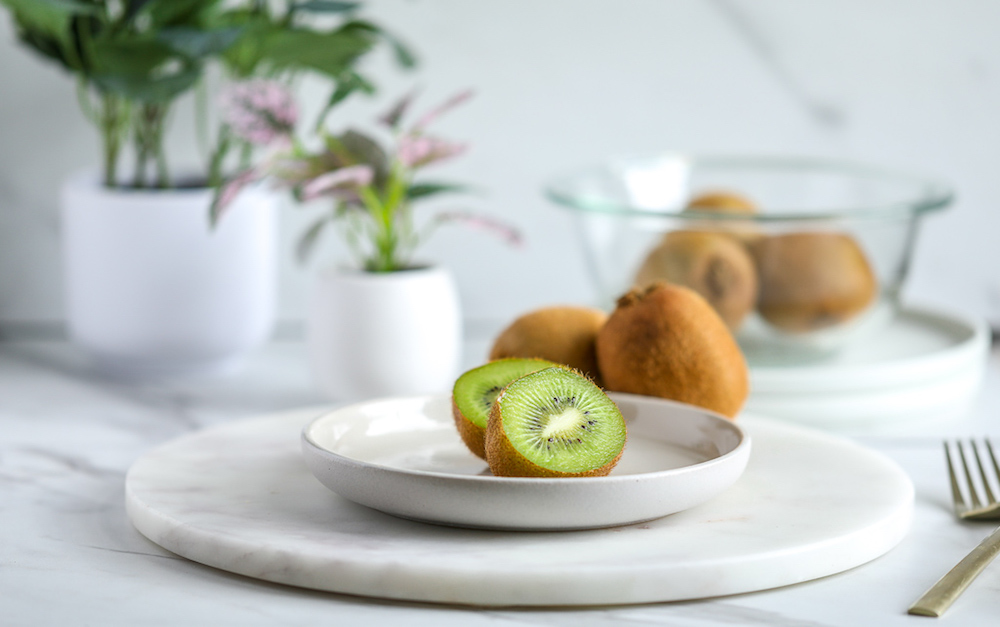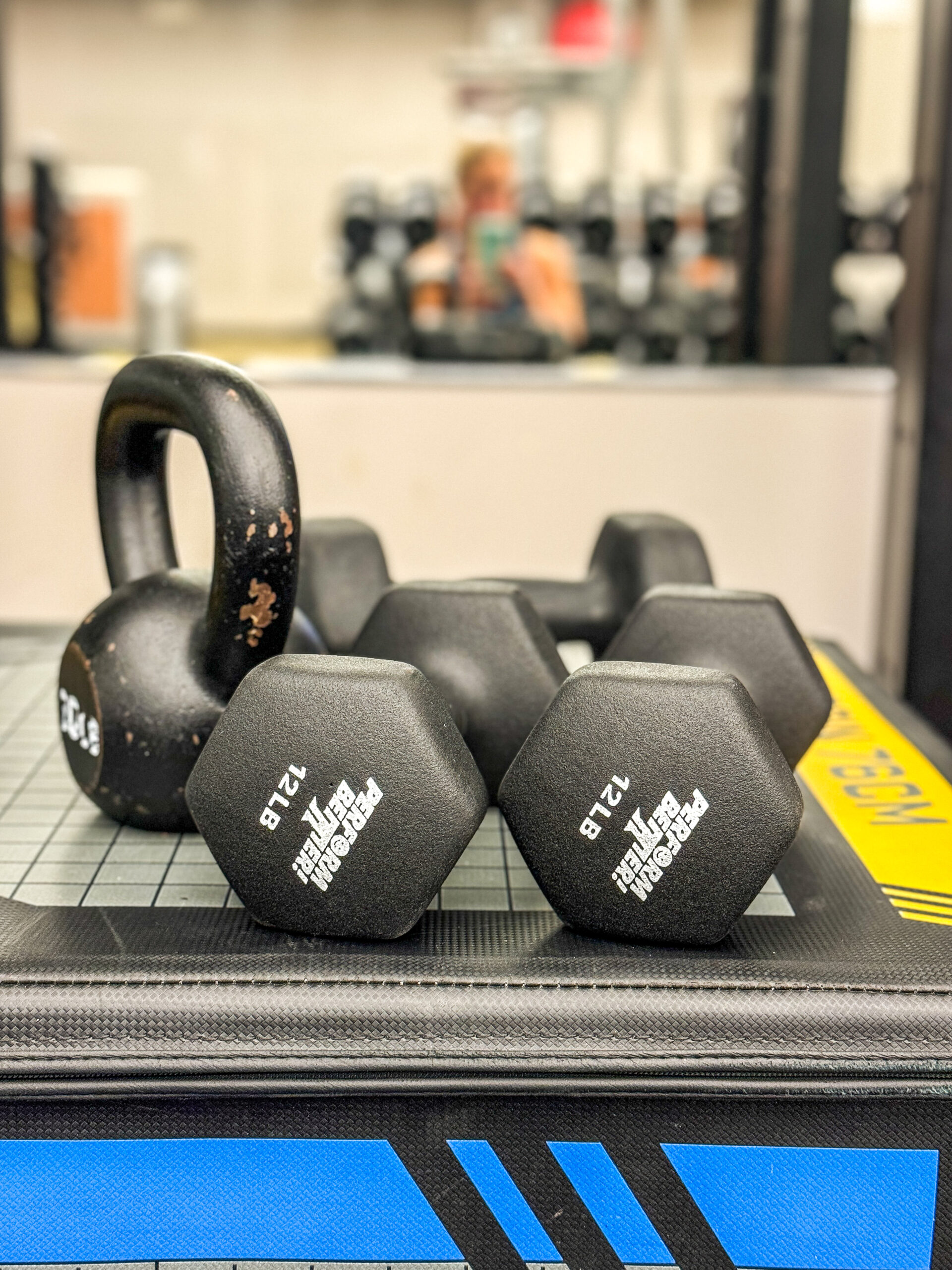Our body needs a variety of vitamins and minerals for essential processes that maintain good health. You probably heard of nutrient deficiencies –– a common one being vitamin D, where about one billion people have low levels of this vitamin in their blood. Some deficiencies are more common than you think, occurring as an effect of certain diet and lifestyle factors.
What is Choline?
Over 90% of the U.S. population is deficient in choline, according to a growing body of research in the field. Choline is one of the lesser talked about nutrients that our body needs, but it is still vital to our health and wellbeing. “Specifically, choline is a nutrient that plays a role in our brain and nervous system, helping regulate our mood and memory. Choline deficiency can lead to muscle and liver damage, as well as fat deposits on the liver, also known as fatty liver disease,” says Kristen Carli, RD, a registered dietitian nutritionist and the owner of Camelback Nutrition & Wellness.
How Much Choline is Needed in Our Diet?
Choline is a nutrient needed for metabolism, the process in which the body breaks down nutrients and utilizes foods’ calories throughout the day, according to the National Institutes of Health. Some of the benefits of choline include producing acetylcholine –– a neurotransmitter for muscle and brain functions, cell membrane signaling, and DNA synthesis. The recommended daily intake of choline for adults is 550 milligrams per day for males and 425 milligrams per day for females, the NIH says.
“Pregnant and lactating women need more choline in their diet as it is key for early brain development,” says Carli. The NIH recommends pregnant women take 450 milligrams of choline and lactating women take 550 milligrams of choline as the mother’s nutrient reserves are directly transported to the baby. Unfortunately, most prenatal and postnatal vitamins contain little to no choline, which makes pregnant and lactating women risk of having choline deficiency, says the NIH. Consult your healthcare provider if you believe you may be at-risk for lack of choline in your diet before taking any over the counter choline supplements or vitamins.
Although adequate choline is important, excess choline can lead to worsening health issues. “Having too much choline can result in various toxicities like nausea, vomiting, and perspiration. A high intake of choline can also lead to the increased production of TMAO (an organic compound), which increases the risk of heart disease,” says Marissa Meshulam, MS, RD, a registered dietitian nutritionist and the founder of MPM Nutrition.
10 Foods Highest in Choline
Choline is found in a wide variety of foods, though animal products typically contain more than plant-based options. Fortunately, choline from all food sources is processed the same way, meaning plant-based eaters don’t have to worry about lower absorption. Below, find some nutritionist-approved recommendations of foods rich in choline that you can start incorporating in your diet. Add them to your soups, salads, rice or eat them seasoned with your favorite spices and dressings.
-
Lean Chicken Breast (198.8 milligrams or 36% DV)
-
Salmon (194.4 milligrams or 35% DV)
-
Lean Pork Chops (152.8 milligrams or 28% DV)
-
Eggs (146.9 milligrams or 27% DV)
-
Beef (132.3 milligrams or 24% DV)
-
Shrimp (115.1 milligrams or 21% DV)
-
Navy Beans (81.4 milligrams or 15% DV)
-
Low-fat Milk (80 milligrams of choline or 15% DV)
-
Broccoli (62.6 milligrams of choline or 11% DV)
-
Green Peas (47.5 milligrams of choline or 9% DV)

